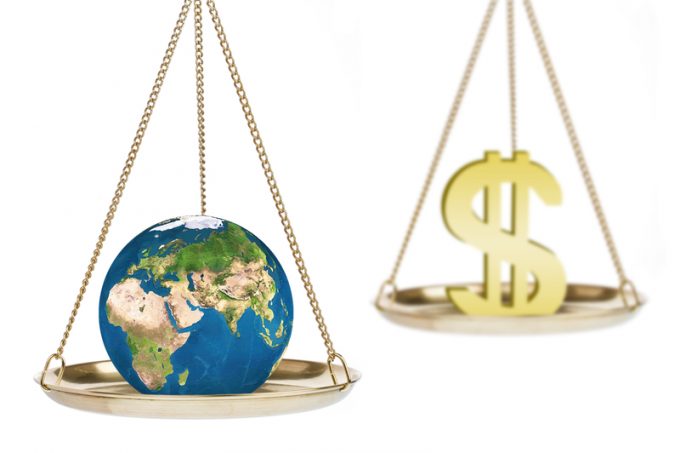RTR: India probe clears DHL, FedEx, UPS of price collusion allegations, document shows
REUTERS reports: An Indian antitrust investigation has concluded there was no price collusion between the domestic ...
Bad news for shippers as wave of transpacific rate increases continues
No deals with carriers, say Houthis – Red Sea safe for non Israel-affiliated ships
Rapid transpacific capacity build-up continues – can USWC ports handle it?
Schenker's Shirley Sharma Paterson moves to K+N as global head of sales
Red Sea crisis has driven most new capacity into extended Asia-Europe trades
Carriers on the hunt for open tonnage again as transpacific rates soar
Dates to watch for in the latest chapter of TACO's tariff travail
Crew forced to abandon ship in latest fire on vessel carrying EVs


Comment on this article